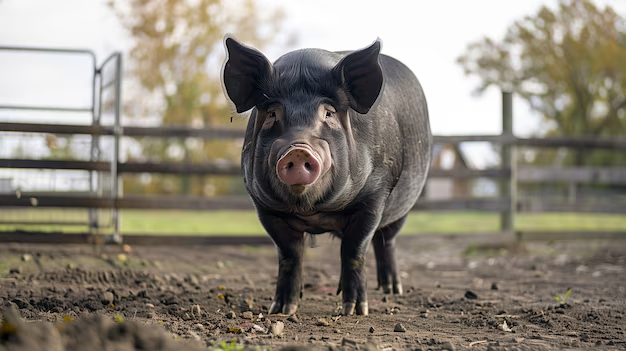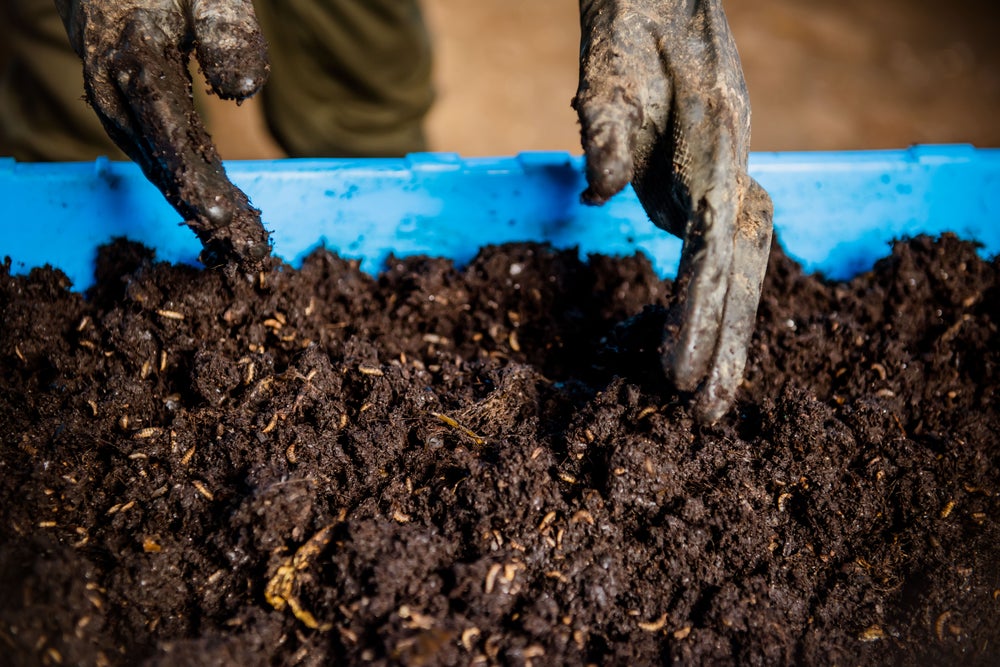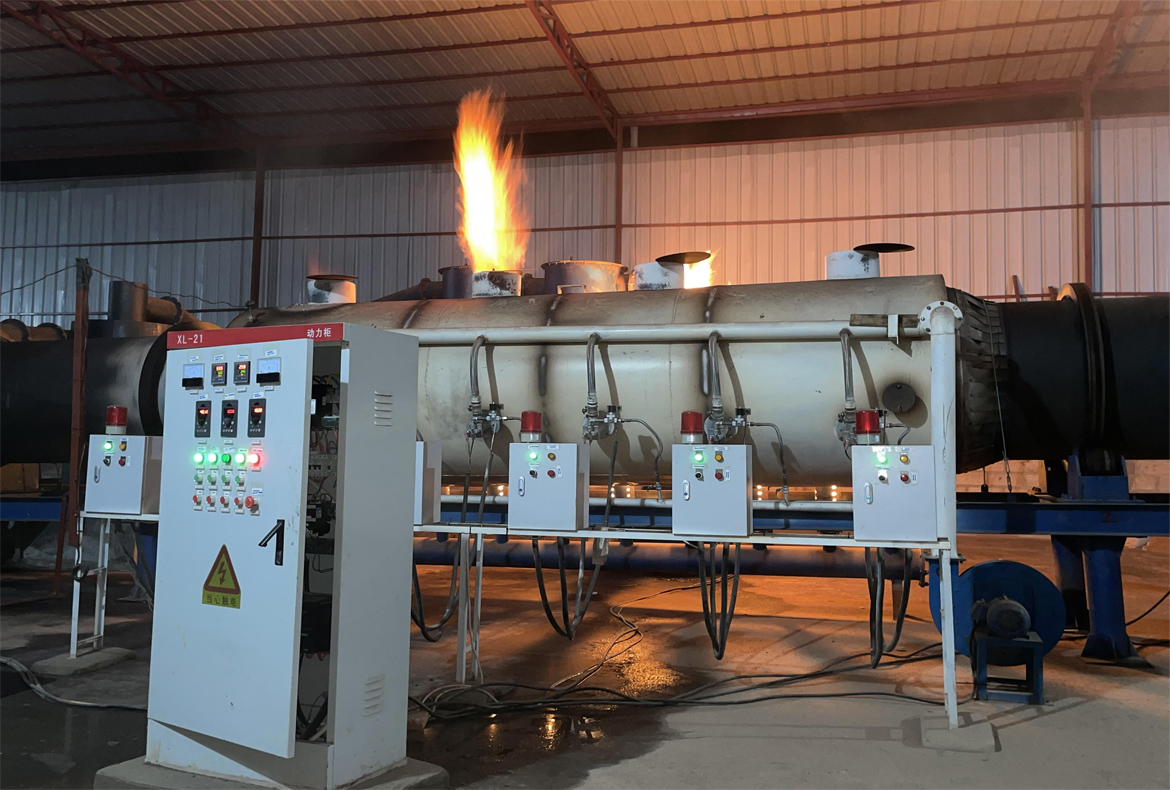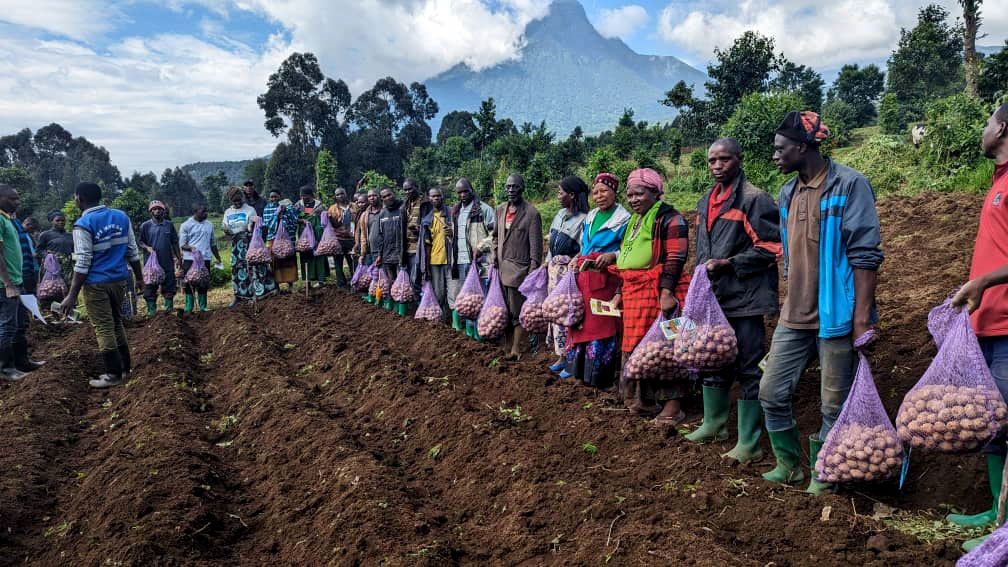Black soldier Flies BSF Farming
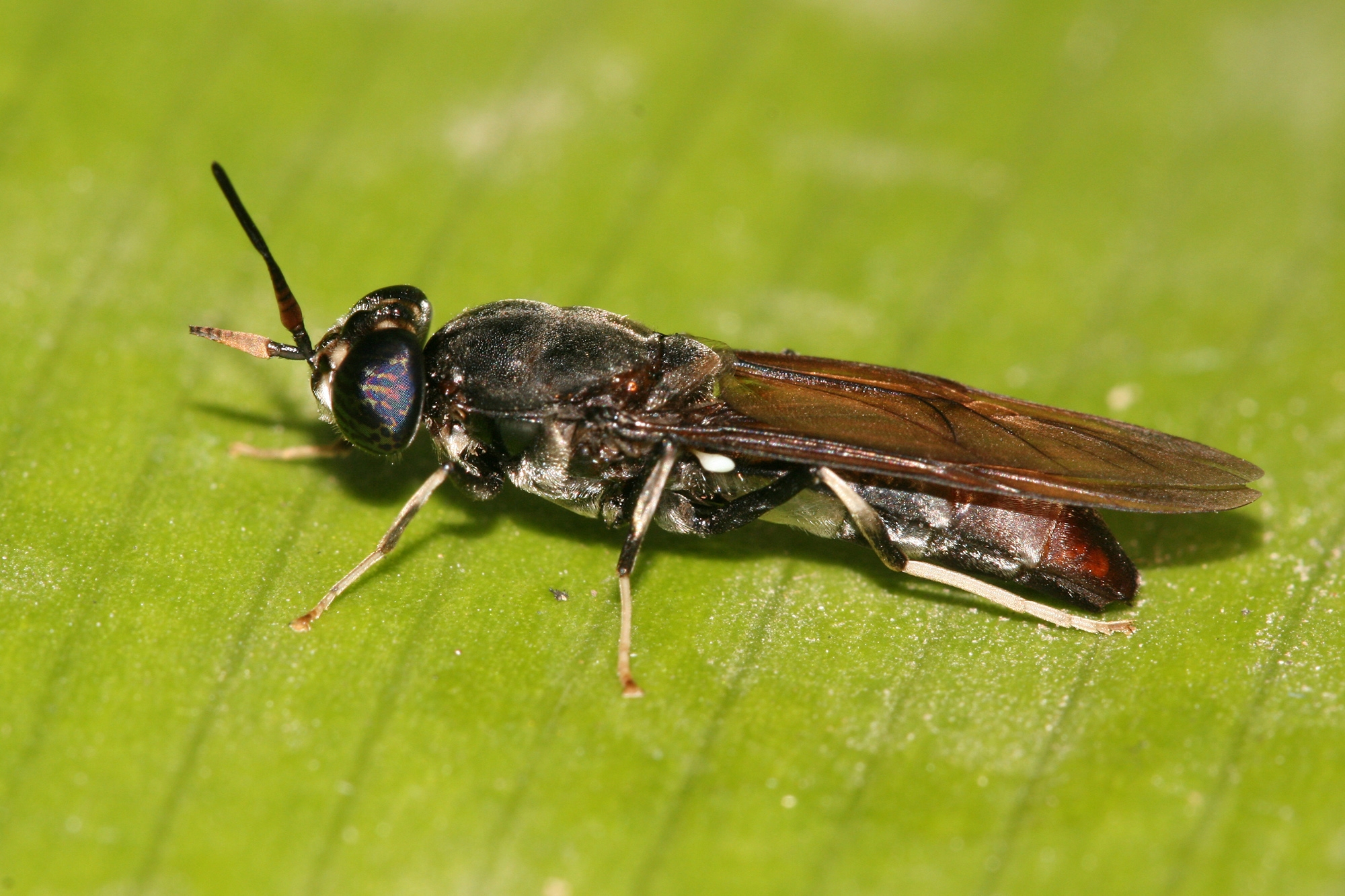
Black Soldier Fly Farming: A Sustainable Solution for Waste Management and Animal Feed Production in Rwanda
Black Soldier Fly Farming: A Sustainable Solution for Waste Management and Animal Feed Production in Rwanda
In Rwanda, a country known for its lush landscapes and progressive environmental policies, an innovative approach to waste management and animal feed production is taking root. Black soldier fly (BSF) farming, spearheaded by companies like WAF Ltd, is transforming organic waste into a valuable resource, providing a sustainable and cost-effective solution for chicken farmers and contributing to the elevation of living standards.
The black soldier fly, a harmless insect, is at the center of this eco-friendly cycle. The larvae of these flies are voracious consumers of organic waste, which they convert into rich biomass that can be used as high-protein feed for poultry and other animals. This not only helps in managing waste but also reduces the reliance on traditional, often expensive, feed sources.
WAF Ltd's main purpose is to harness the potential of BSF farming to recycle waste into animal food. The process begins with the collection of organic waste, which is then fed to the BSF larvae. As the larvae consume the waste, they grow rapidly, and within a couple of weeks, they are ready to be harvested. The harvested larvae are then processed into a nutrient-rich feed, suitable for chickens, which is an excellent source of protein and essential amino acids.
This method of producing animal feed is not only sustainable but also economically beneficial. It provides a cheaper alternative to conventional feed, reducing costs for chicken farmers and helping them to increase their profit margins. Moreover, by utilizing organic waste, BSF farming contributes to a cleaner environment, aligning with Rwanda's commitment to sustainability and waste reduction.
The impact of BSF farming extends beyond waste management and feed production. It is a catalyst for social change, empowering local communities, especially women and youth, by providing them with training and job opportunities in this emerging industry. By engaging in BSF farming, individuals can start their own businesses, fostering entrepreneurship and contributing to the overall economic development of the region.
Furthermore, the scalability of BSF farming means that it can be adapted to various scales, from small backyard operations to large commercial farms. This flexibility allows for widespread adoption, making it an accessible technology for many Rwandans looking to enter the agricultural sector.
In conclusion, black soldier fly farming represents a promising avenue for Rwanda's sustainable development. It addresses critical issues such as waste management, food security, and economic growth, all while contributing to the well-being of its people. As this practice continues to gain traction, it holds the potential to revolutionize the agricultural landscape of Rwanda and serve as a model for other nations pursuing sustainable solutions.
